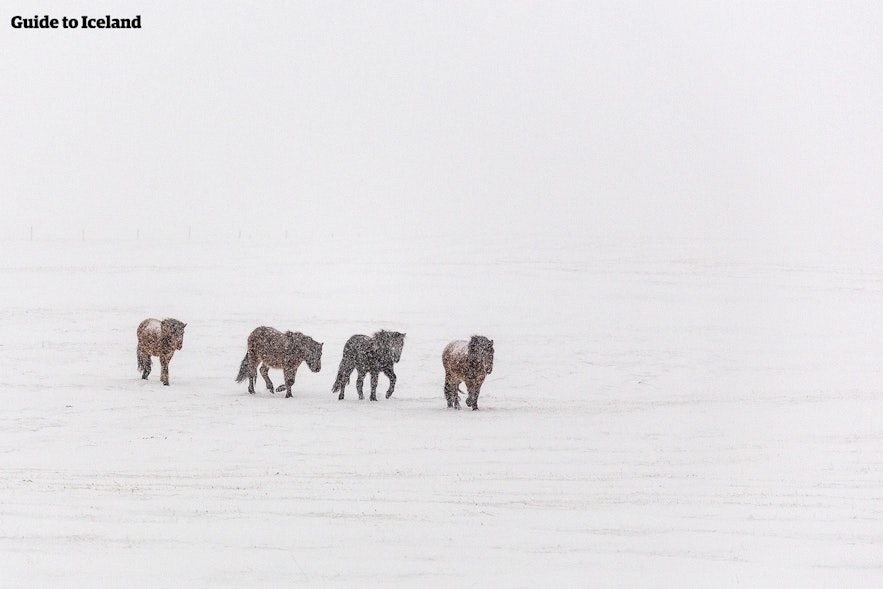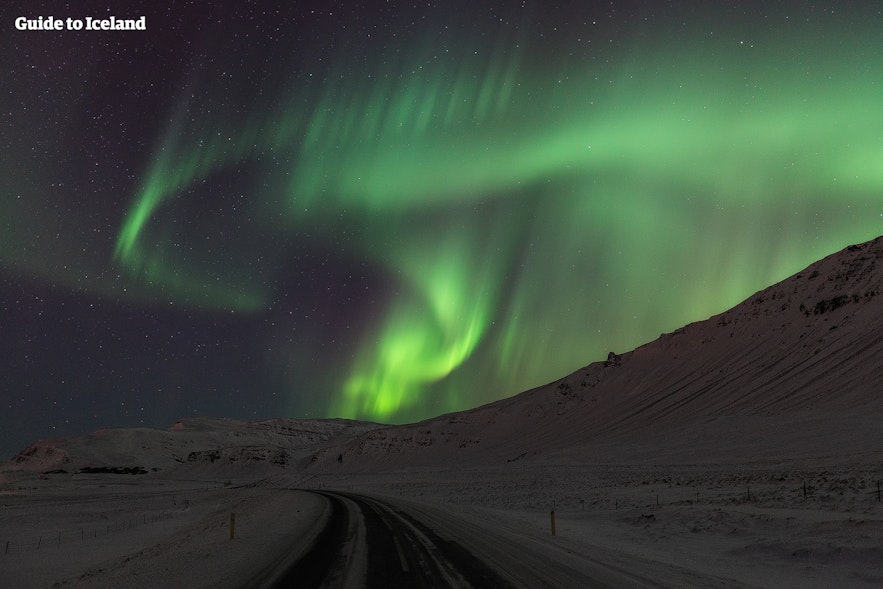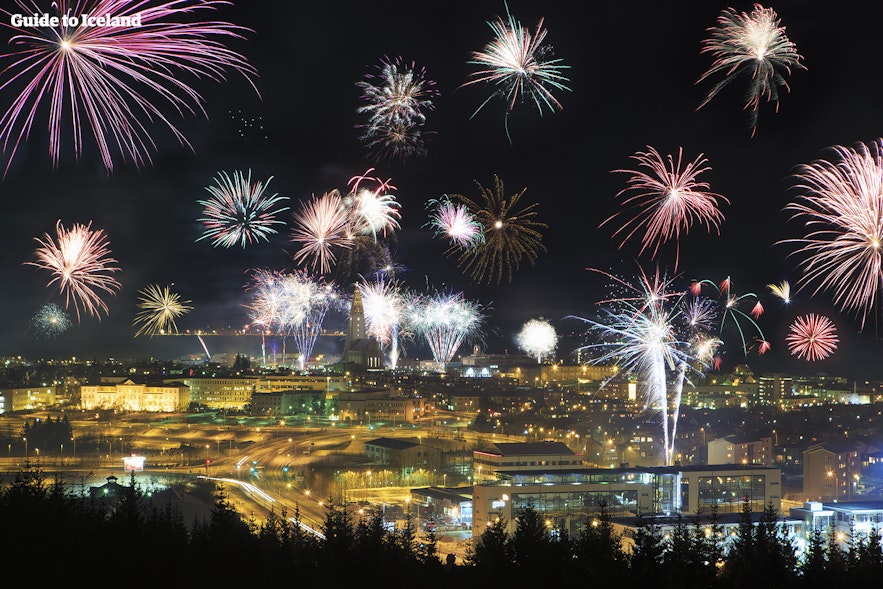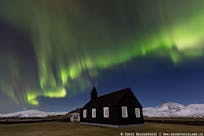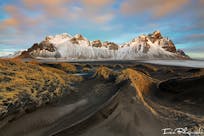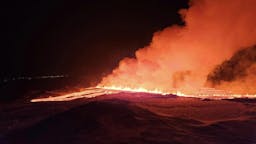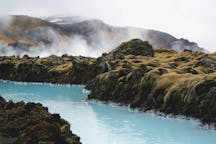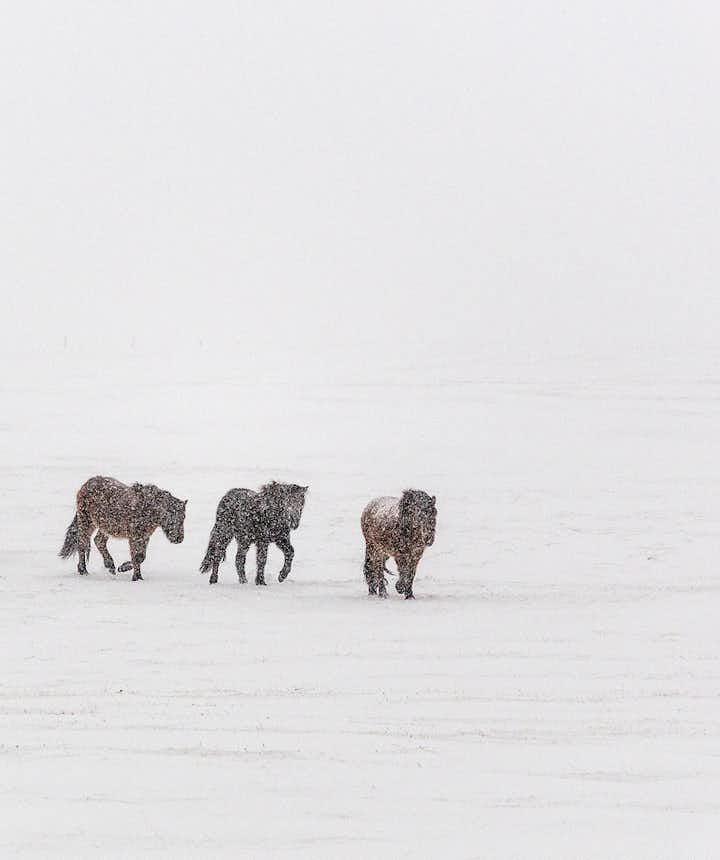
Search and Rescue Teams in Iceland

What are the Icelandic search and rescue teams like? How do you join an Icelandic emergency squad? How many rescue squads are there in Iceland? What do the Icelandic rescue teams do? What emergencies are there in Iceland?
- Make sure to read Travel Safety in Iceland
- Looking for a laugh? Then read Dumbest Things to Do in Iceland
- Wondering about tour ideas? Then see Top Activities in Iceland for Adrenaline Junkies
Icelanders are immensely proud of their search and rescue squads. The rescue teams are extremely professional and have gained attention internationally for their good work. There are around a 100 search and rescue teams in Iceland, all over the country, consisting of about 4000 people that are on duty all year round - all of whom are volunteers.
Each year around 1200 emergency calls are received and with increased tourism, that number may well rise. Locals, as well as tourists, may find themselves in life-threatening situations due to Iceland's ever-changing weather conditions or its volatile nature. And sometimes people just do stupid things, such as getting too close to the strong waves of the Atlantic sea or hiking the highlands in inappropriate clothing.
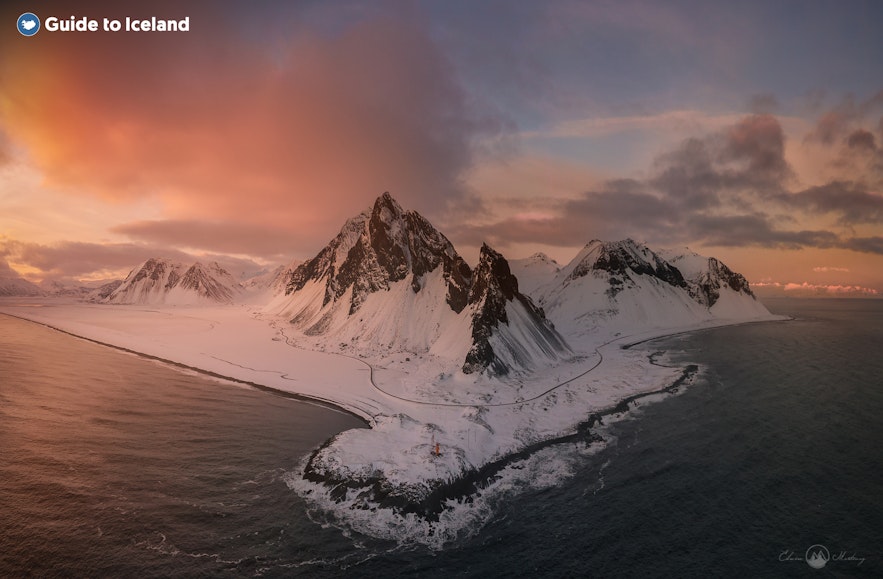
The rescue teams work closely with police and fire fighters, one of the main differences between them is that the rescue teams are all doing voluntary work. Here you'll be able to read about the great work that the rescue squads do in Iceland, and have been doing for years.
Landsbjörg, or ICE-SAR (Icelandic Association for Search and Rescue) as Iceland knows it today, was founded in 1999, but was a combination of search and rescue teams in Iceland, the oldest of which dates back to 1928. The search and rescue is operated both on land and at sea, it was indeed the frequent loss of ships and seamen that prompted the start of the rescue teams in Iceland. Today they have acquired phenomenal skills and a fleet of people and equipment that's ready at a moment's notice.
What Do People Need Rescue From in Iceland?
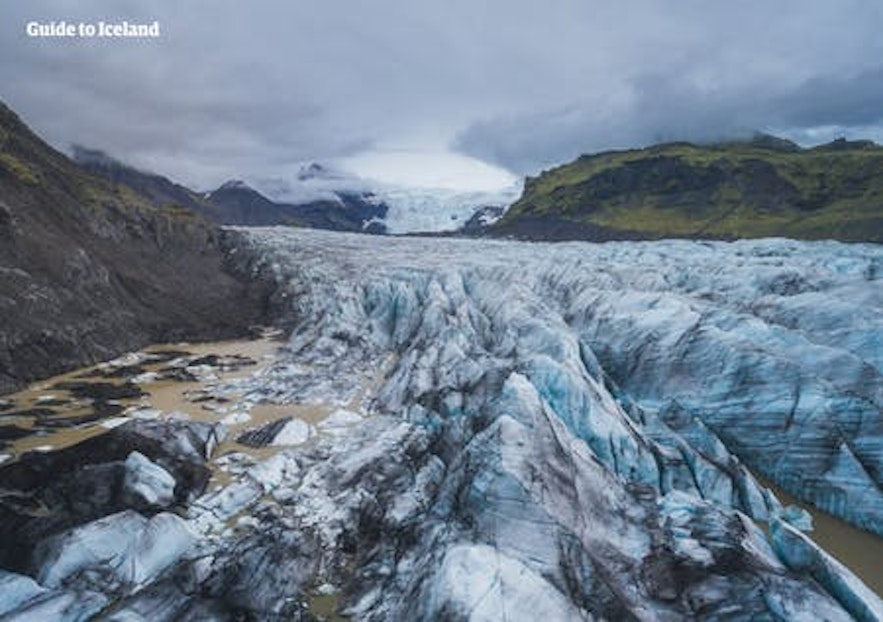
There are no wild and dangerous animals in Iceland, earthquakes are normally low on the Richter scale and volcanic eruptions happen far away from people's homes. So what do people need a rescue from?
The Icelandic weather and its nature are the biggest threats. The weather is constantly changing, the wind is strong and people often underestimate how quickly it can go from a sunny day to a crazy storm.
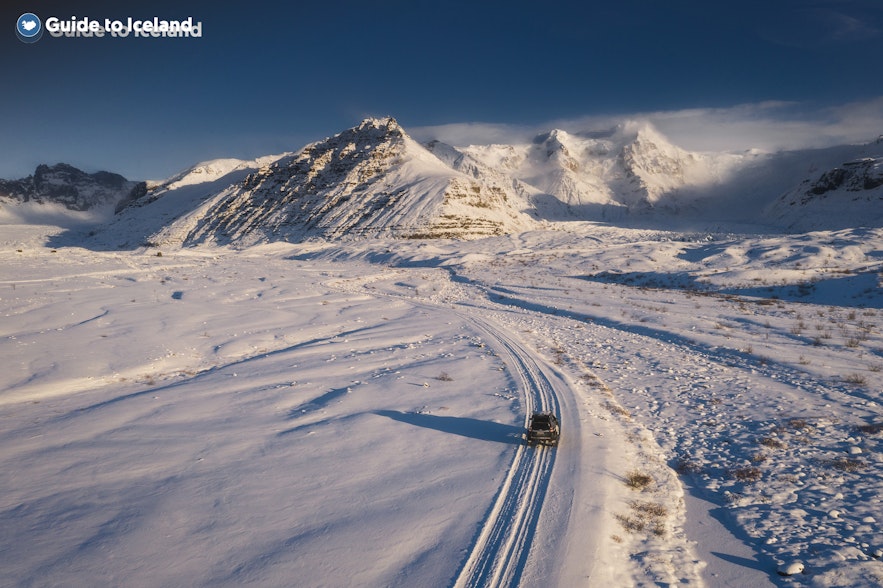
The country's nature is both delicate but also dangerous. People fall down cracks on glaciers or in lava fields, avalanches can take place during wintertime, rough seas present a massive danger to ships and their crews, hikers dress inappropriately and can freeze to death if the weather changes rapidly, people get lost in fog or snowstorms, cars get stuck in snow during blizzards and all of this can happen to both locals as well as tourists.
It's not only people that need rescuing, domestic animals often need a rescue from the Icelandic weather gods as well. Icelandic sheep roam free in the highlands during summertime and sometimes not all of them are found at the end of the summer. Rescue teams have also been called out to save sheep, horses or cows.
Before going on a trip, be sure to let someone know where you're going. You can leave your travel plan with ICE-SAR before hitting the road. Read our article about safe driving in Iceland and our ultimate guide to driving in Iceland to find out everything you need to know about driving in Iceland and how to keep safe.
How to Become a Member of an Icelandic Rescue Team?
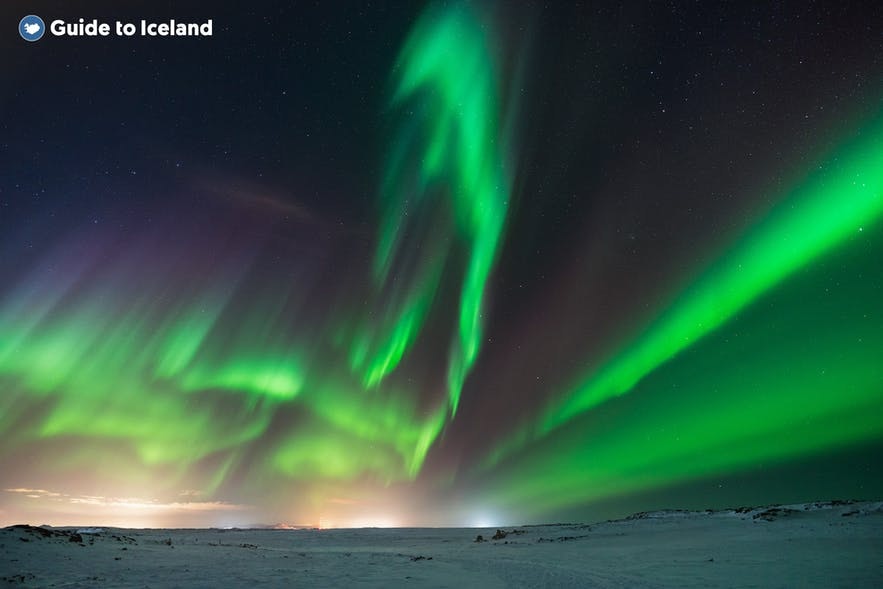
To become a member of the rescue squads you first need to train with one of the teams in order to gain the specific skills you'll need. You also need to speak Icelandic.
In addition to learning first aid the training may consist of being dropped off in the middle of nowhere on top of a glacier, sleeping in a tent for the night, being woken up at all hours to go out for a search of 'a missing person', finding your way to a specific location using only a compass and a GPS, doing plenty of exercise such as hiking in the highlands etc.
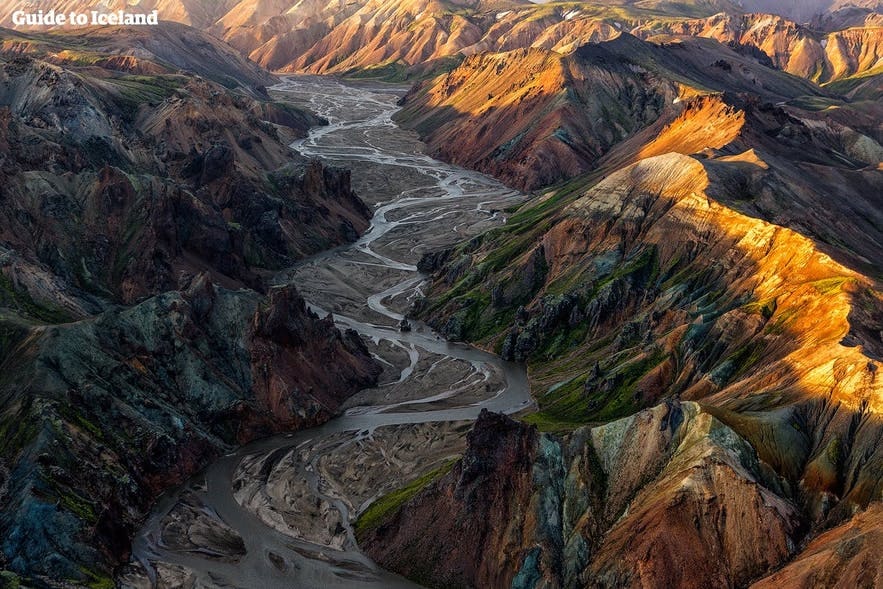
You can also specialise in specific rescue units and do rescues at sea, where you'll need to dive in the ice-cold Atlantic sea, or do rescues from the air and practice sky-diving. Training takes about 2 years.
Although training can be a lot of fun, consisting of fun people and lots of activities and is essentially free, you will need to be in excellent shape and pay for a lot of gear yourself, such as warm outdoor clothing, sleeping bags etc. If you're not in an excellent shape when you start the training, no worries, you'll end up in great shape after 2 years of hiking up mountains and glaciers :)
Fundraising for Icelandic Rescue Teams
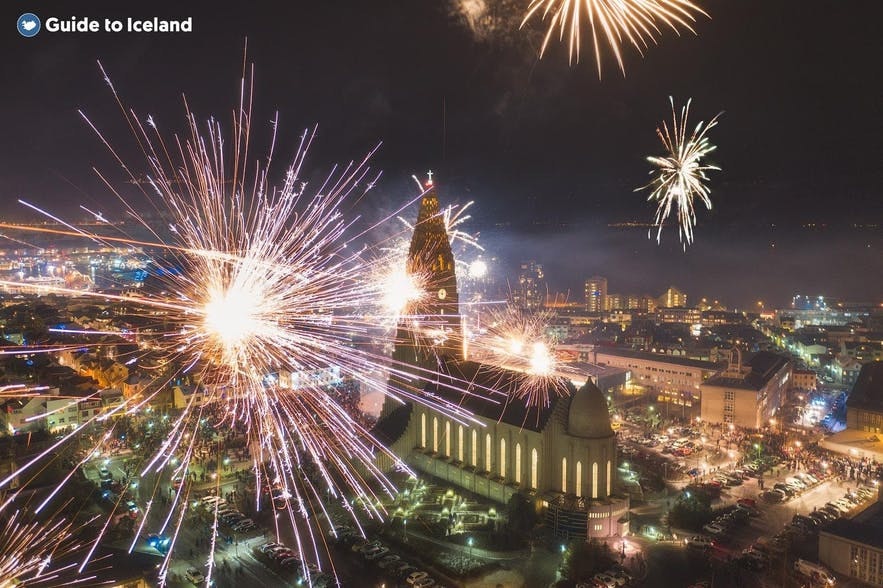
ICE-SAR mainly gets its funding from two sources: Through selling the public a small figure of an Emergency Guy and through selling the public fireworks for New Year's Eve.
The Emergency Guy is a small plastic figure on a key chain of one of the rescue squad team members, different each year. The Emergency Guy can both be male or female, as both genders actively operate within the rescue teams. Most companies that are associated with tourism buy a slightly larger Emergency Guy to support the work of the rescue squads. Read more about the Emergency Guy here.
New Year's Eve in Reykjavík (and elsewhere in Iceland) is a pretty memorable experience. The entire nation spends an insane amount of money on fireworks each year, most of which goes to the rescue teams. If you want to experience this yourself, you can book this New Year's Eve in Reykjavík tour.
For an authentic feel of Icelandic New Year's Eve, stop by one of the firework sales in the days leading up to the 31st of December and splash out on a few explosives, meeting a bunch of locals and supporting a good cause at the same time!
The rescue teams also sell Christmas trees each year. If you want to support them, you can also make a donation through their website.
Other interesting articles
10 Things Icelanders HATE About Tourism in Iceland
Discover how tourism in Iceland has affected the local population. Although travelers have provided Icelanders with many benefits, they've also caused many problems. Find out what Icelanders hate most...Read moreThe Most Infamous Icelanders of History
Which historical Icelanders were the most notorious? What impact did they have and how did their mischiefs shape what is now considered the most peaceful of nations? Read on to learn about these fas...Read more
5 Reasons Not to Behave Like Justin Bieber in Iceland
Justin Bieber came to Iceland to make the music video I'll Show You in 2015. You can see the result here above. Although Bieber fell in love with the country and decided to come back the following y...Read more

Download Iceland’s biggest travel marketplace to your phone to manage your entire trip in one place
Scan this QR code with your phone camera and press the link that appears to add Iceland’s biggest travel marketplace into your pocket. Enter your phone number or email address to receive an SMS or email with the download link.

